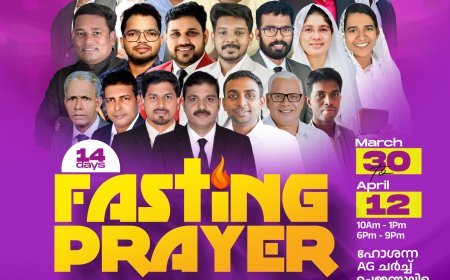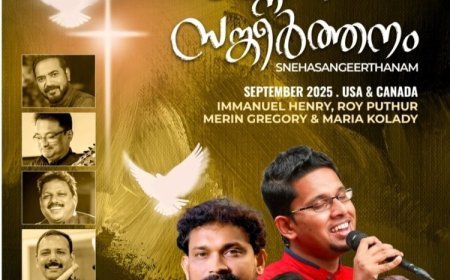Sudan Christians fearful amid deadly revolution
Persecuted Christians in Sudan are discouraged and fearful after the military massacre of protesters seeking civilian rule that, amid Sharia law, could protect religious freedom.An eyewitness to protests in Khartoum ahead of the June 3 massacre, who requested anonymity, gave an update on the Christian minority in the mostly Sunni Muslim country.
Persecuted Christians in Sudan are discouraged and fearful after the military massacre of protesters seeking civilian rule that, amid Sharia law, could protect religious freedom.
An eyewitness to protests in Khartoum ahead of the June 3 massacre, who requested anonymity, gave an update on the Christian minority in the mostly Sunni Muslim country. The military took control of the country following the April ouster of dictatorial President Omar al-Bashir, and protests for civilian rule continue.
“Christians inside Sudan were hoping for more freedom of religion when the change in government happened on April 11th,” the source said, “but the crackdown by the government on June 3rd with the massacre of 118 unarmed civilians and the rape of 70 women and three men has left them discouraged and fearful of the future.”
The death toll had risen to at least 128 by June 18 in continued attacks by the Transitional Military Council (TMC), the Associated Press reported. The TMC puts the death toll at 61, including three military members, The New York Times reported June 9.
The U.S. Department of State, in a June 12 press briefing, announced the appointment of Donald E. Booth as special envoy to Sudan, and said Booth was already in Sudan advocating for human rights. Booth, a retired ambassador and former special envoy for Sudan and South Sudan, travelled to Khartoum with Assistant Secretary of State for African Affairs Tibor Nagy.
“His appointment demonstrates that the United States has a firm commitment to the Sudanese people and efforts to advance a peaceful, political solution,” State Department spokesperson Morgan Ortagus said.
Christian persecution is high in the country that the U.S. Commission on International Religious Freedom (USCIRF) has described as a “country of particular concern” since 1999 under the International Religious Freedom Act.
USCIRF, under the leadership of Southern Baptist layman Tony Perkins since June 17, praised Booth’s appointment.
“We are encouraged by the appointment of an experienced diplomat like Ambassador Booth to help support Sudan through this very tumultuous period as it transitions to a civilian-led government,” Perkins said in a June 18 press release. “During this fragile time, it is critical that the U.S. government press the Sudanese government to respect the human rights, including religious freedom, of the Sudanese people.”
USCIRF recommended the appointment of a special envoy to Sudan and South Sudan in its 2019 annual report released months after protests initially began in December 2018.
“Human rights remain largely unprotected in Sudan,” USCIRF said in its report, “freedoms of assembly and expression are repressed, and that repression is closely interlinked with the repression of freedom of religion or belief.”
Some of the 1.3 million Christians in the country had resorted to living in caves and gathering under trees for worship under al-Bashir’s 30-year rule, according to the Voice of the Martyrs persecution watchdog organization, because al-Bashir’s regime frequently bombed Christian huts and churches in seeking to eradicate Sudanese Christians and non-Arab Muslims.
What's Your Reaction?
 Like
0
Like
0
 Dislike
0
Dislike
0
 Love
0
Love
0
 Funny
0
Funny
0
 Angry
0
Angry
0
 Sad
0
Sad
0
 Wow
0
Wow
0






